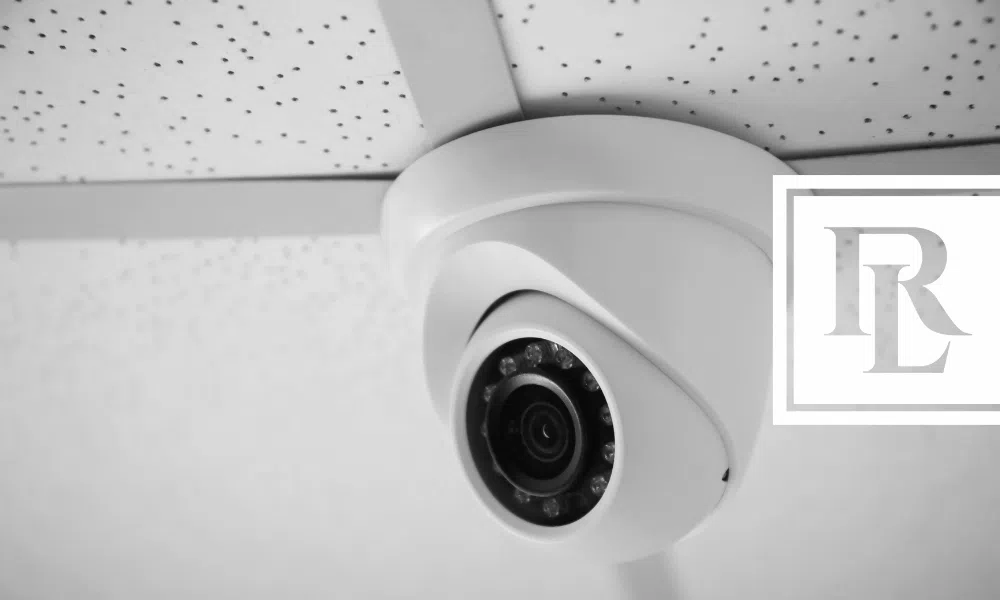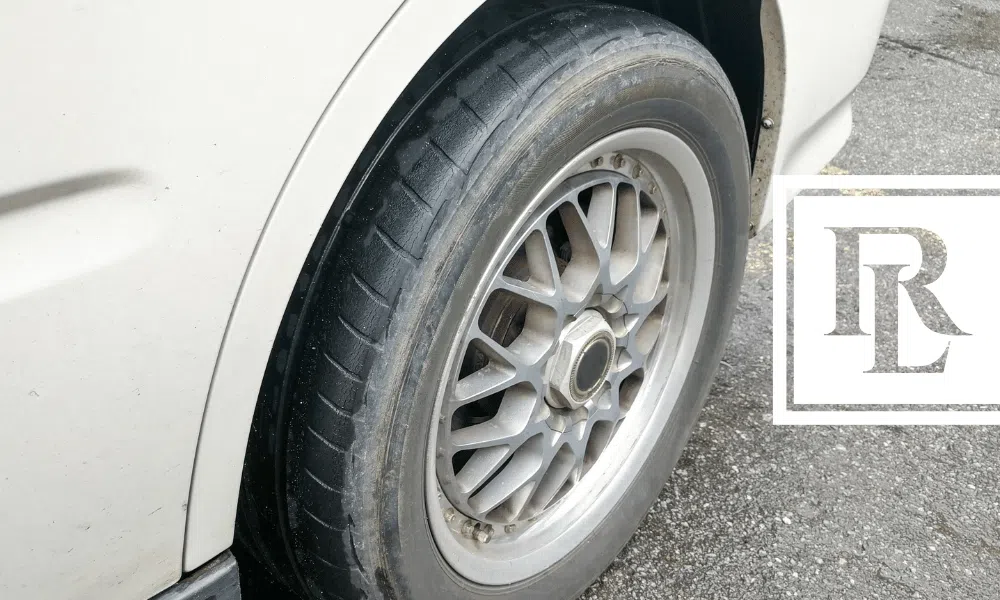Video footage can serve as solid evidence for any type of accident. It shows a number of details about how an accident occurred and whether there was any kind of negligence on the driver’s part. So, if you have been a victim of someone’s negligence while driving, here’s how video camera footage can help personal injury lawyers file a claim.
In short, yes, it can. One of the best things about installing video cameras is that they come in various forms, such as cell phone footage, body cams, red-light cameras, and dash cams.
Which Types of Camera Footages Are Admissible in a Court?
Dashboard Cams
Typically attached to a windshield, a dashcam is able to record both the interior and the exterior of your vehicle. This camera turns on and off with the engine. More advanced ones are also equipped to automatically save the footage if the sensors detect a force hitting the vehicle. Personal injury lawyers can immensely benefit from dashcam footage, especially the higher-end ones that also monitor the speed and rate of acceleration.
Many drivers possess dashcams, and the footage is usually eligible for admission in court. However, anything that obstructs the driver’s view might not be allowed on the windshield.
Body Cams
Body cams are often a part of a police officer’s uniform. They help officers record interactions between themselves and other people in the community. This type of evidence is also admissible in court and is also crucial in witness testimony.
Red-Light Cameras
Often used on traffic lights or on street poles facing the intersection, these cameras can flash pictures of vehicles passing through an intersection. Since some states prohibit the use of red-light cameras in traffic enforcement, accident investigations cannot use them as key pieces of evidence.
If you’re considering hiring a car accidents lawyer, Rhode Island, laws may work in your favor. While they are legal at Rhode Island intersections, there must be adequate signs to inform drivers about their use.
Cell Phone Footage
Accident footage recorded by a passenger or even a bystander on a cellphone may not be admissible in court since they’re deemed unreliable. Cellphone videos are often of poor quality and may not be of much use to the personal injury lawyers involved in the case. Furthermore, it may also be difficult to determine the time and/or location of the filming.
It’s important to authenticate videos before adding them to evidence. In order to do that, it’s important for a relevant witness to testify to its credibility. Only a seasoned lawyer will have the required skills to convince a judge that it’s relevant and authenticated.
Additional Sources of Camera Footage
- CCTV systems
- Doorbell footage
- Home security video footage
- Law enforcement vehicle cameras
How to Get Access to Video Camera Footage
Obtaining video camera footage requires following various protocols that depend on the type of footage. For instance, some states allow the public to request video footage from a law enforcement agency. There may also be an extensive criterion involved, such as authenticating the source, the date and time, the specific location, and the people known to be subjects of the recording.
This is where personal injury lawyers and their experience can come in handy. They help you understand how insurance adjusters also frequently review camera footage to determine how the accident took place. Furthermore, if they work for the culprit driver’s insurance company, they may also study the footage to disprove your claim.
The Importance of Acting Quickly
While video footage can serve as solid evidence to prove or support your claims, it may not be available for long. For instance, if they’re recording throughout the day or for a week, they may automatically get rid of any old footage in order to store the new one.
While some businesses preserve camera footage for months, traffic cameras usually overwrite video footage in less than 24 hours. Hence, it’s important to act quickly and secure your rights to access the accident video footage in time.
How Can a Personal Injury Lawyer Help?
Personal injury lawyers review where the accident took place and whether there were any cameras in the vicinity to catch the accident. However, if the owner of the footage refuses to release it, a lawyer can help you get a subpoena. A subpoena serves as a court order that insists a reluctant party produce documents.
What Damages Can You Recover in an Accident Claim?
Whether you prove negligence through other types of evidence or video camera footage, here are the types of compensation you may be eligible for:
- Paid lost wages
- Disfigurement
- Property damage expenses
- Pain and suffering
- Reduced earning capacity
- Medical bills for anticipated and past care
Again, there isn’t a specific way to say much one can pursue, but the general rule is to get a settlement based on how expensive your treatment may be.
How Does Video Footage Affect Your Case If You Are at Fault?
If you had any part in the liability for causing your accident and if there is any footage to support it, it may have an impact on the compensation you receive. However, in some states, you aren’t entirely barred from financial recovery, even if you are partially at fault.
Your injury settlement might go down if you had any role to play in your injuries. If you are concerned about how your case might get affected by these factors, an experienced car accident lawyer, Rhode Island may help you figure it out.
Personal Injury Lawyers: How Can Rob Levine Law Help?
Our attorneys at Rob Levine Law are well-versed in filing lawsuits for various purposes. Whether you’re seeking injury compensation or are worried about how video evidence can impact your case, our advocates can help you build your case effectively.
We dedicate our resources to strengthening your position and providing convenience every step of the way. With years of experience under our belt, our attorneys have excellent know-how of how to go about any kind of compensation. For more information about your particular case, contact us now for a free consultation.





